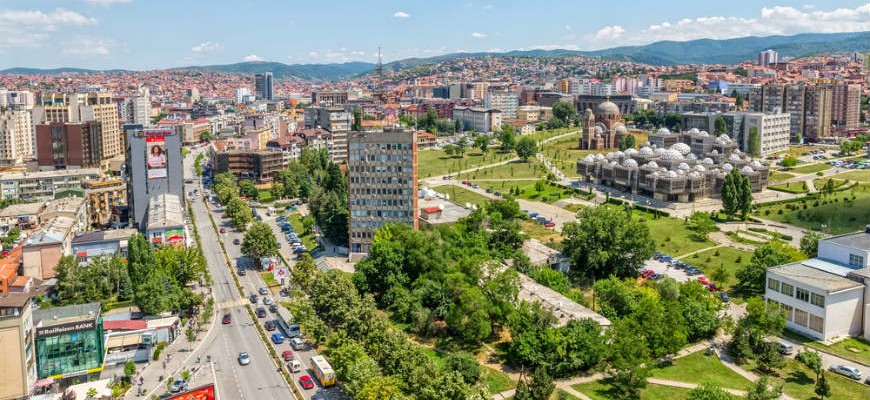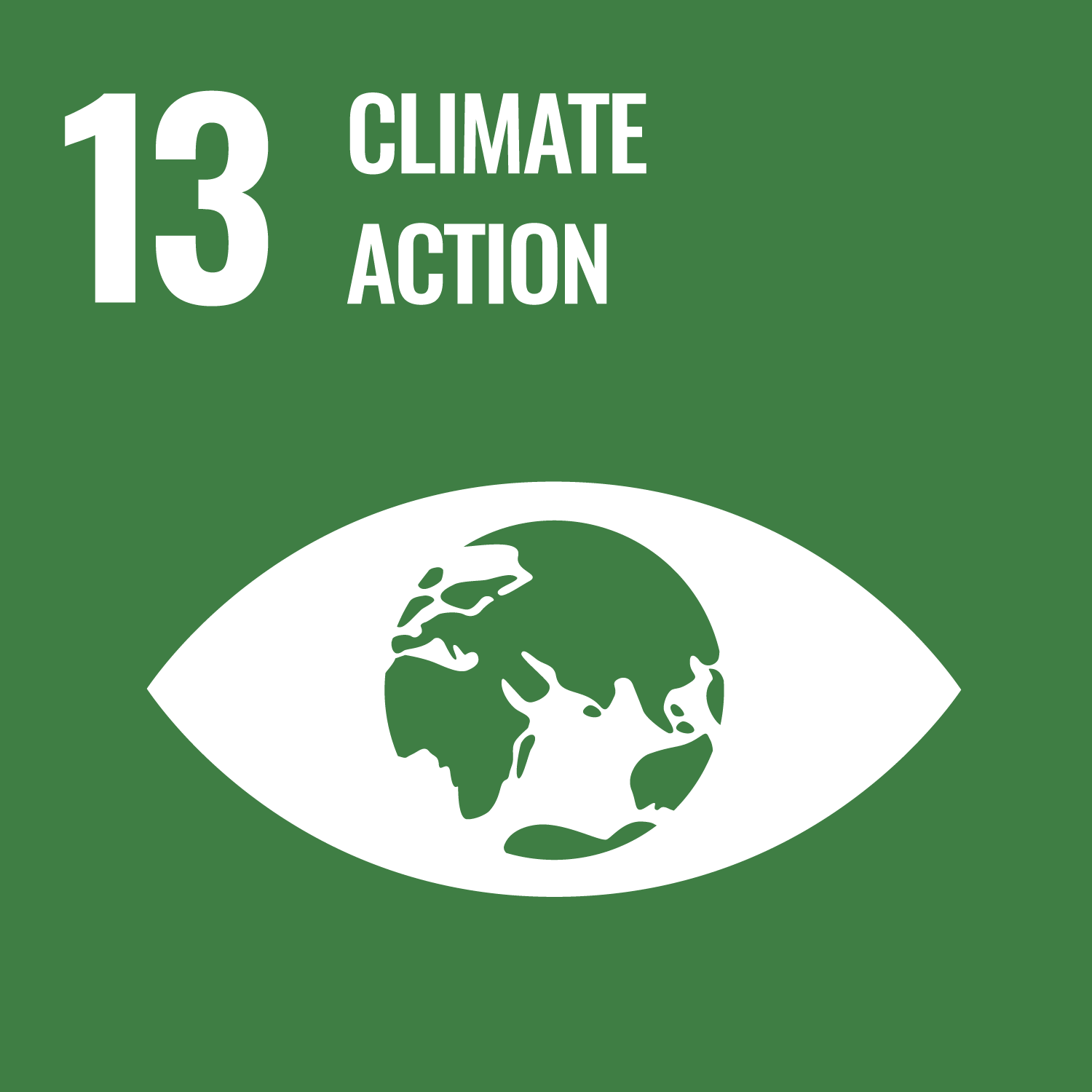Kosovo*

The Council of Europe has supported Kosovo* towards the advancement of its reform agenda through co-operation activities since 1999, in full compliance with the United Nations Security Council Resolution 1244. The Council of Europe Office in Pristina holds a key role in the implementation of the co-operation activities by facilitating the delivery of support programmes, assisting key institutions in the process of democratic reforms and actively co-ordinating efforts with all relevant local and international actors in the field.
The first Working Group on co-operation activities between the Council of Europe and the Kosovo* institutions was held in Pristina in November 2013 to initiate discussions on collaborative planning and programming and was followed by seven Working Group meetings. The latest meeting of the Working Group was organised on 13 June 2023 in Pristina.
The implementation of the “Overview of Co-operation activities in Kosovo*” document (Overview document) provides a framework to the Council of Europe co-operation. It supports the authorities in bringing legislation, institutions and practice further in line with Council of Europe standards in the areas of human rights, rule of law and democracy. In October 2023, the Committee of Ministers took note of the latest version of the Overview document.
Based on the tangible results of the actions carried out under the first and second phases of the European Union/Council of Europe “Horizontal Facility for the Western Balkans and Türkiye”, the third phase of the programme was launched in January 2023. It provides further support to the authorities in the fields of strengthening the efficiency and quality of justice, countering discrimination, as well as enhancing freedom of expression and freedom of the media.
In addition, the authorities also benefit from another European Union/Council of Europe Joint Programme as the Project Against Economic Crime (PECK III) seeks to enhance anti-corruption practices.
Co-operation activities are also implemented in the field of aligning laws and policies with the Council of Europe Convention on Preventing and Combating Violence against Women and Domestic Violence (Istanbul Convention). The Council of Europe supports the strengthening of institutional capacities to prevent and counter violence against women and domestic violence and focuses on the implementation of the most pressing recommendations from the Assessment of the alignment of Kosovo*'s laws, policies and other measures with the standards of the Istanbul Convention based on the methodology of the Group of Experts on Action against Violence against Women and Domestic Violence (GREVIO) .
The Council of Europe supports the Constitutional Court in applying and disseminating European human rights standards.
The recently launched project “Fostering societal cohesion by reinforcing minority rights and minority languages” aims to promote reconciliation and societal cohesion at different levels of society allowing for rights-holders from minority groups to better enjoy their rights.
Moreover, the project regarding the Improvement of the treatment of persons deprived of liberty strengthens the protection of the rights of convicted persons (with a focus on healthcare provided in prison), persons detained under involuntary psychiatric hospitalisation and persons with mental disabilities placed in social welfare institutions. The project also strengthens safeguards against ill-treatment in line with standards and recommendations of the European Committee for the Prevention of Torture and Inhuman or Degrading Treatment or Punishment (CPT), including specific recommendations to significantly improve the psychiatric care provided to prisoners contained in the CPT 2021 report. In addition, the project on “Strengthening multilevel governance and participatory democracy” strengthens the co-operation between central and local authorities in Kosovo* in local self-government reform and in the advancement of deliberative and participatory democracy.
Furthermore, the Octopus project multilaterally supports the strengthening of human rights and the rule of law in cyberspace based on the implementation of the standards of the Budapest Convention and its additional Protocols. It supports the authorities through capacity-building, implementing standards locally, further aligning domestic legislation with these standards, facilitating the handling of electronic evidence, and fostering co-operation with public/private service providers and international co-operation.
Kosovo* also has an active role in the regional actions implemented under the Horizontal Facility in the fields of managing violent extremism in prisons, evaluating judicial reform through the Council of Europe flagship initiative based on the CEPEJ methodology (“Dashboard – Western Balkans II”), tackling economic crime, promoting equality and combating racism, protecting freedom of expression and freedom of the media, as well as strengthening women’s access to justice.
The authorities also benefit from two European Union/Council of Europe regional Joint Programmes implemented in South-East Europe. The regional Joint Programme CyberSEE strengthens the rule of law, security and regional co-operation in South-East-Europe and Türkiye through a more effective response to the challenges of cybercrime and electronic evidence, while support in promoting good governance and Roma empowerment through the Joint Programme on Roma integration.
Lastly, Kosovo* benefits from regional projects funded by voluntary contributions. The Human Rights Trust Fund financially supports the implementation of two regional projects. The project “HELP in the Western Balkans” aims to enhance the capacities and skills of legal professionals for the effective application of European standards in human rights. The project “Human Rights and Sustainable Environment in South-East Europe” increases the understanding of the relationship between the protection of human rights under the European Convention on Human Rights (ECHR) and the environment among the judiciary and legal professionals to strengthen environmental protection at the domestic level. Thanks to Germany’s financial contribution, the Council of Europe promotes deliberative democracy in the region as an innovative form of citizen participation in local decision-making.
*All references to Kosovo, whether the territory, institutions or population, in this text shall be understood in full compliance with United Nations' Security Council Resolution 1244 and without prejudice to the status of Kosovo.
Through the implementation of these projects, the co-operation activities in Kosovo* actively contribute to the UN 2030 Agenda for Sustainable Development by supporting the United Nations Sustainable Development Goals (SDGs), notably SDG1, SDG 3 (targets 8 and 9), SDG 4 (target 7), SDG 5 (targets 1, 2 and c), SDG 8 (target 5), SDG 10 (targets 2 and 3), SDG 13 (target b) and SDG 16 (targets 3, 4, 5, 6, 10, a and b).
More information: Overview of the Council of Europe Contribution to the UN 2030 Agenda











